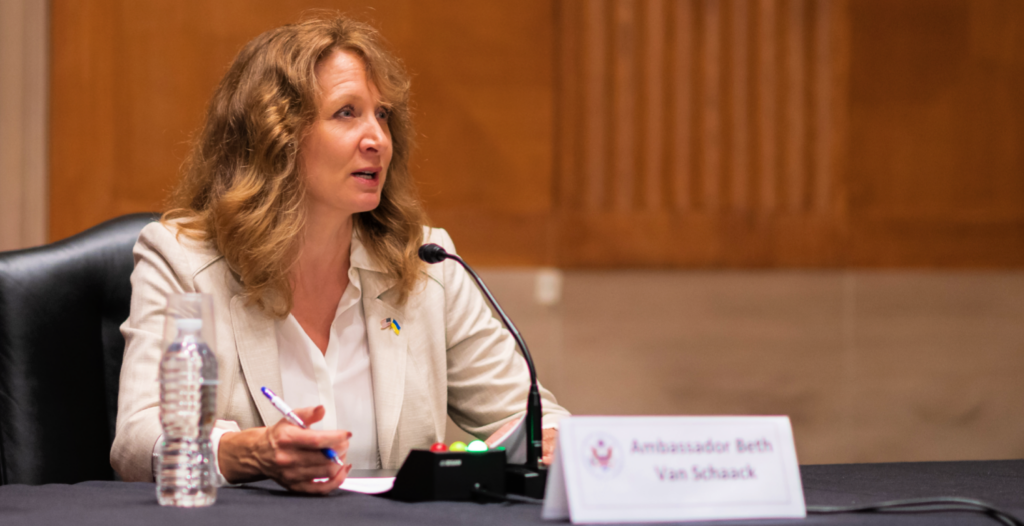Mr. SMITH of New Jersey. Mr. Speaker, as we do every year, I rise to mark April 24, the somber anniversary of one of the great crimes of modern history: the beginning of the genocide perpetrated against the Armenians of the Ottoman Empire. During and after World War I, a government-orchestrated campaign to eliminate the Armenians under Ottoman rule led to the slaughter of about one and a half million people. Entire communities were uprooted, as survivors fled their homes and were forced into exile. Fortunately for them, the United States offered a haven. In turn, Armenian refugees gave this country the best they had to offer. Their contributions in many fields of endeavor have energized and enriched American culture and politics. Surely Turkey’s loss has been America’s gain, as Armenian refugees in the early part of the 20th century and their progeny have become an inspiring success story.
Turkey has lost in another way: its longstanding campaign of denial that the atrocities perpetrated during 1915-1923 were a genocide has not convinced anyone. More and more representative institutions across the world have openly declared their recognition of the genocide , and their number will grow. By refusing to acknowledge what the rest of the world sees, Turkey has stunted its own development and complicated its ability to come to terms with its own past, present, and future. As we soberly mark April 24 this year, there is at least reason to hope for progress on a front important to all Armenians. The OSCE-brokered negotiations over Nagorno-Karabakh finally seems to be making headway. Though the details remain confidential, the recent meeting between Armenia’s President Kocharian and Azerbaijan’s President Aliev in Key West, Florida apparently went well enough for the OSCE Minsk Group to prepare a new peace proposal that will be presented to the parties in Geneva in June. Much hard bargaining surely lies ahead. Nevertheless, for the first time in years, we can allow ourselves of bit of optimism about the prospects for peace in a very troubled and important region. Mr. Speaker, nothing can compensate for the loss of so many Armenians last century. But a prospering Armenia, at peace with its neighbors, and giving free rein to the natural abilities of this talented people, would mitigate the pain and sorrow we feel today.




